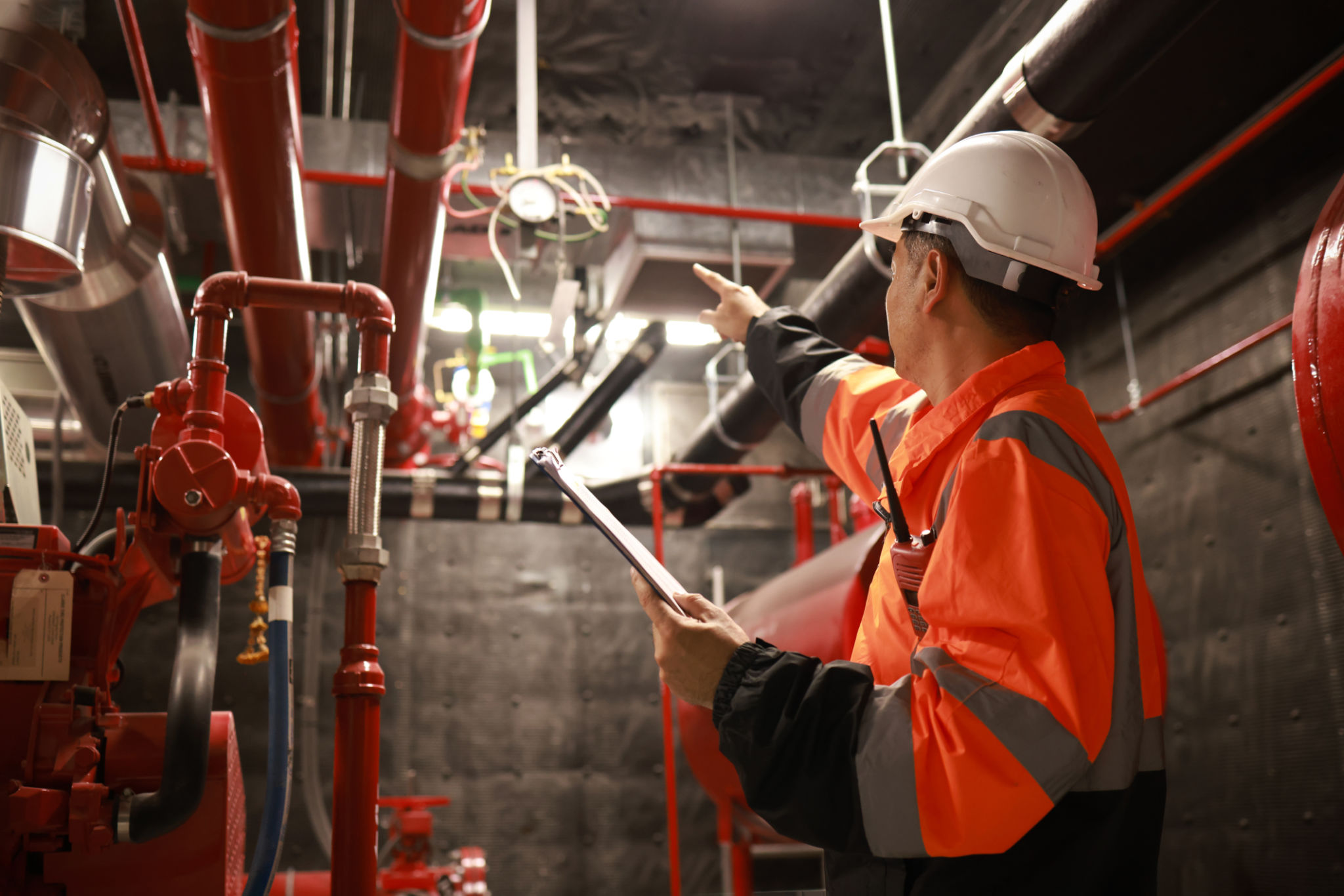Local Regulations: What North Wales Apartment Owners Need to Know
Understanding Local Regulations in North Wales
Owning an apartment in North Wales is a rewarding venture; however, understanding and complying with local regulations is essential to successful property management. Whether you're a new owner or have owned property for years, staying informed about legislation can save you from legal headaches and enhance your investment.

Property Registration and Licensing
In North Wales, property owners must pay attention to registration and licensing requirements. All rental properties must be registered with Rent Smart Wales, a national mandatory registration and licensing authority. This ensures that landlords are fit to manage rental properties and understand their legal obligations. Failing to comply can result in hefty fines or even legal action.
Furthermore, certain properties may require additional licenses. For instance, Houses in Multiple Occupation (HMOs) need specific licensing due to their unique setup and potential impact on local communities. Always check with local councils for specific requirements applicable to your property type.
Health and Safety Regulations
Ensuring the safety of tenants is a top priority for apartment owners in North Wales. This involves adhering to strict health and safety regulations, including regular inspections. Fire safety is particularly critical, requiring the installation of smoke alarms, carbon monoxide detectors, and fire extinguishers.

Moreover, conducting regular gas and electrical safety checks is mandatory. Property owners are required to have valid Gas Safety Certificates and Electrical Installation Condition Reports to prove compliance. It's not just about avoiding penalties—it's about safeguarding the lives of your tenants.
Energy Efficiency Standards
Energy efficiency is another key area regulated by the local authorities. North Wales apartment owners must ensure their properties meet the Minimum Energy Efficiency Standards (MEES). This involves obtaining an Energy Performance Certificate (EPC) that rates the property's energy efficiency from A (most efficient) to G (least efficient).
Improving energy efficiency not only helps you comply with regulations but also enhances the property's appeal to tenants. Consider upgrading insulation, installing energy-efficient appliances, or switching to renewable energy sources.

Waste Management and Environmental Responsibility
Proper waste management is crucial for maintaining clean and healthy living environments. Apartment owners are responsible for providing adequate waste disposal facilities and ensuring tenants adhere to recycling guidelines. In North Wales, councils have specific regulations on waste collection schedules and recycling practices that must be followed.
Additionally, fostering environmental responsibility can enhance your property's reputation. Encourage tenants to reduce waste and adopt sustainable practices, such as using compost bins or reducing water usage.
Planning Permissions and Renovations
If you plan to make structural changes or significant renovations to your apartment, obtaining planning permission from local authorities is essential. This includes extensions, major alterations, or any changes that could impact the building's structure or appearance.
Failing to secure proper permissions can lead to legal disputes and fines. It's advisable to consult with professionals familiar with North Wales planning regulations to ensure compliance before starting any construction work.
Staying Informed and Seeking Professional Advice
Navigating the complexities of local regulations can be challenging, but staying informed is crucial for every apartment owner in North Wales. Regularly update yourself on changes in legislation through official websites, local council announcements, or professional networks.

If you're uncertain about any aspect of property regulations, consider seeking advice from specialists such as property lawyers or licensed estate agents. Their expertise can help you navigate legal requirements efficiently, ensuring your property remains compliant and attractive to potential tenants.
By understanding and adhering to these local regulations, you can protect your investment, maintain good landlord-tenant relationships, and contribute positively to the North Wales community.